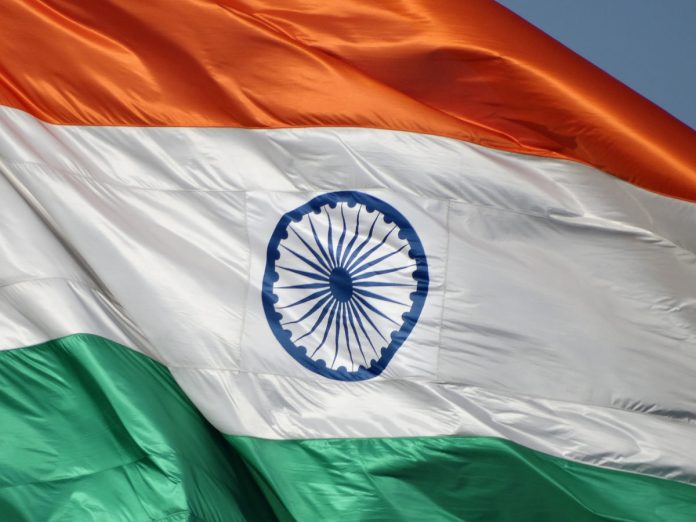India’s Ministry of Finance has notified that supply chain disruptions due to the spread of Coronavirus in China or any other country would be considered as a case of natural calamity and Force Majeure Clause may be invoked in appropriate cases. The provision provides some relief to solar projects that were likely to default on contractual obligation due to delays in equipment delivery from China.
The announcement comes after lobby group National Solar Energy Federation of India (NSEFI) wrote to Ministry of New and Renewable Energy (MNRE) to extend scheduled commissioning date for the affected projects to help developers cope up with the effect of COVID-19 as a force majeure event.
Terming the move as a positive announcement, NSEFI CEO Subrahmanyam Pulipaka said, “We at NSEFI are happy that our concern has been addressed on a timely basis.”
The lobby group has estimated solar capacity of around 4 GW in India stands to get impacted due to equipment delivery delays from China where outbreak of coronavirus has disrupted execution schedules.
“Developers have already entered into contracts with suppliers, especially for near-term projects which are scheduled for commissioning in FY 21. Such suppliers have started notifying developers on the delivery delays due to the current situation in China. Further, as of now it is unknown when normal operations will resume. Events like these qualify for force majeure, and the affected projects should be granted extension,” NSEFI wrote in its letter to MNRE.
The outbreak of coronavirus has disrupted the logistic industry in China, which is seriously jeopardizing execution schedules.
“As India imports bulk of its solar module and inverter requirements from China, severe implications on the Indian Solar Industry are inevitable,” stated NSEFI, adding that “solar projects using domestic modules will also be impacted as India imports a significant part of wafer, cell, and other module raw material as well.”
The lobby group also sought extension in the date of operationalization of long-term open access accordingly.
“Majority of these stated projects are ISTS connected, therefore delay in commissioning of these projects will also result into levy of transmission charges/POC charges by Power Grid Corporation of India due to operationalization of Long Term Open Access,” it stated.






